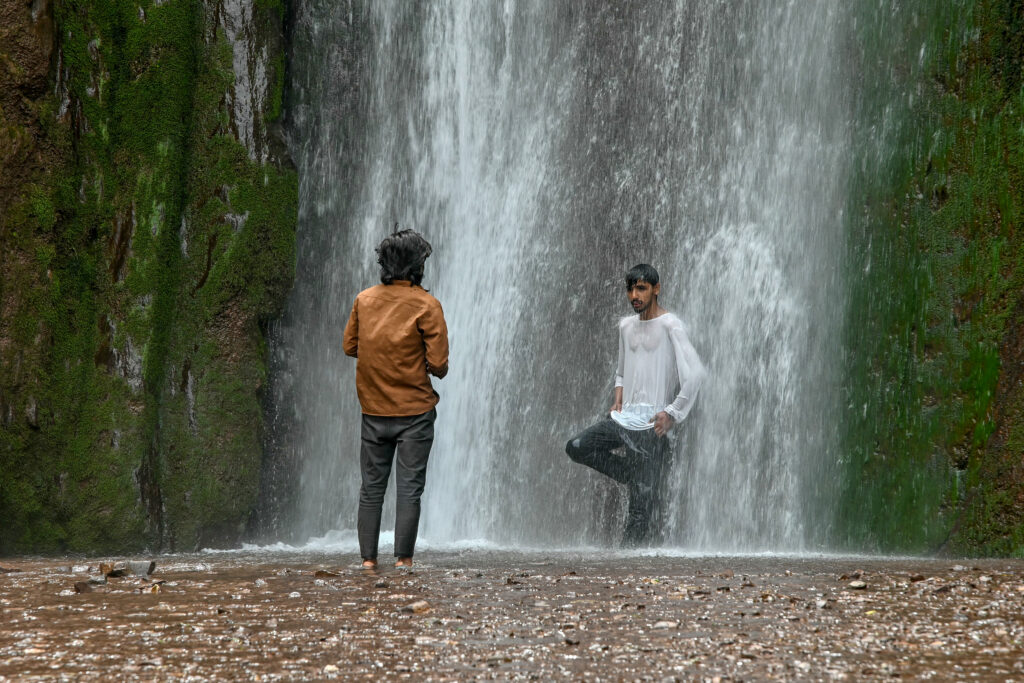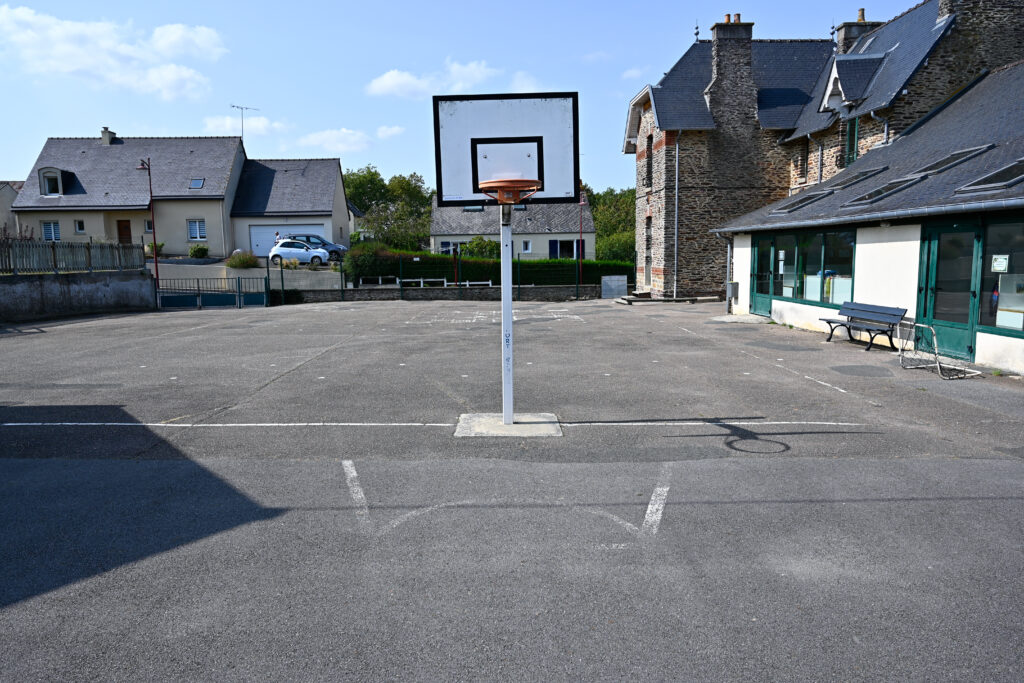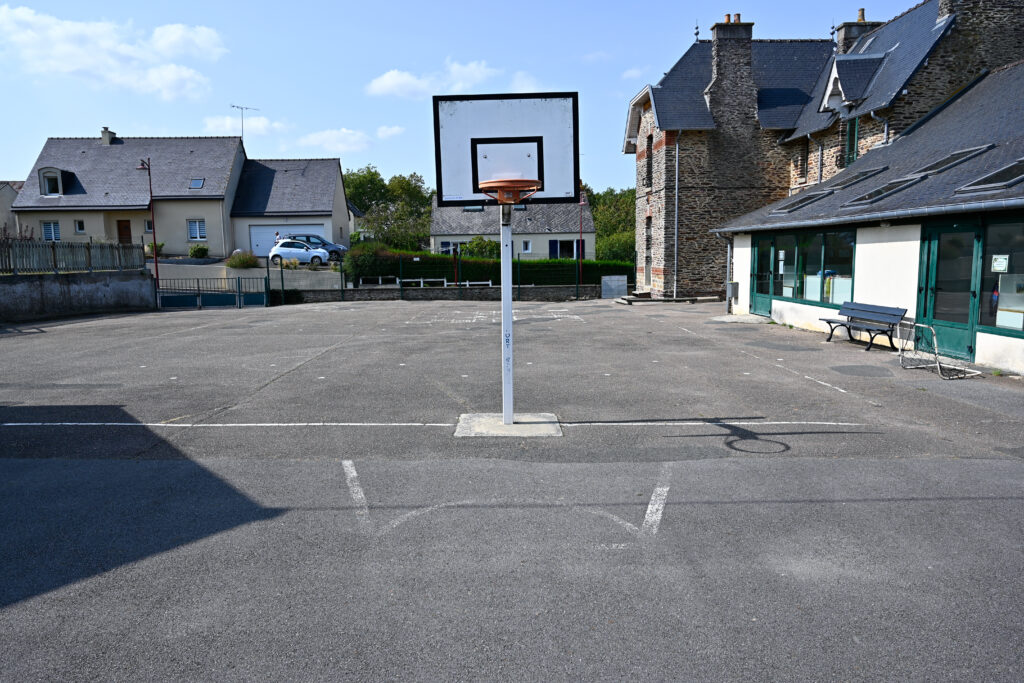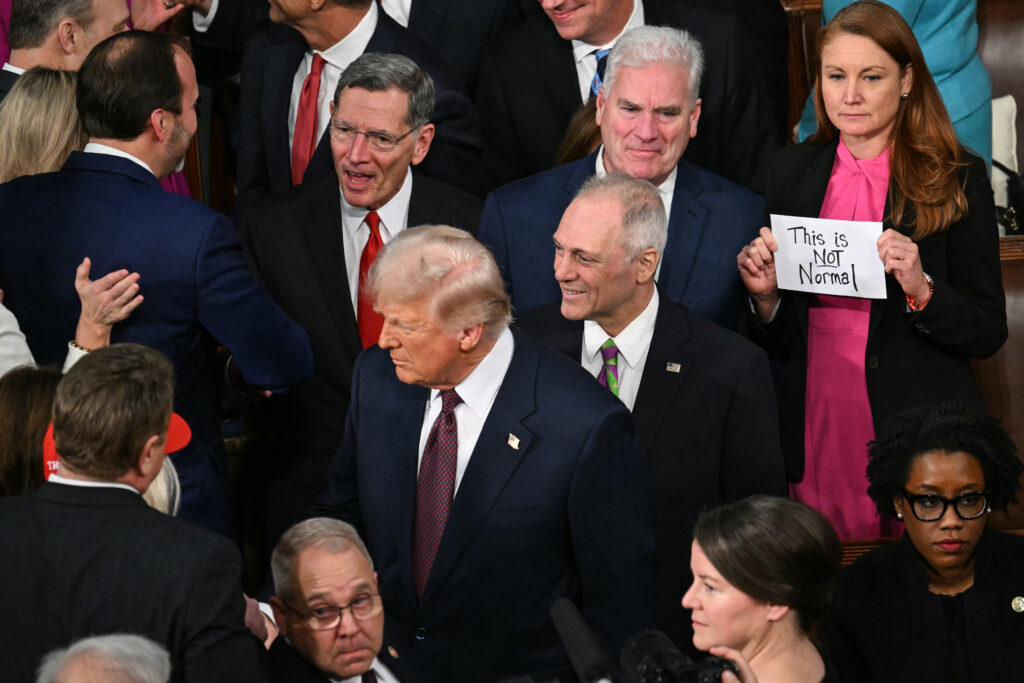Essai de lancement de missiles par le Pakistan, sur fond de tensions avec l’Inde
L’armée pakistanaise a effectué samedi un essai de lancement de missiles sol-sol, sur fond de tensions accrues avec l’Inde voisine faisant craindre un embrasement entre les deux puissances nucléaires rivales.New Delhi tient Islamabad pour responsable de l’attaque qui a tué le 22 avril 26 civils dans la partie du Cachemire qu’elle administre, un attentat qui n’a pas été revendiqué et dans lequel le Pakistan nie toute implication.”Le Pakistan a mené aujourd’hui un lancement test réussi du système d’armement Abdali, un missile sol-sol d’une portée de 450 km”, a rapporté l’armée dans un communiqué, sans préciser le lieu de l’exercice.”Le lancement avait pour objectif d’assurer la préparation opérationnelle des soldats et de valider des paramètres techniques clés, dont le système de navigation avancé du missile et les fonctionnalités avancées de maniabilité”, a-t-elle poursuivi.D’après cette source, le chef de l’armée Syed Asim Mounir a souligné vendredi, lors d’une réunion avec des hauts gradés à propos de l'”impasse actuelle”, “l’importance cruciale d’une vigilance accrue et d’une préparation proactive sur tous les fronts”.Des sources militaires indiennes ont fait état d’échanges de tirs nocturnes pour la neuvième nuit consécutive entre les armées le long de la Ligne de contrôle (LoC), qui divise sur 770 km la région disputée à majorité musulmane.- “Aventurisme” -Pour Hassan Askari Rizvi, un analyste militaire au Pakistan, le test de lancement doit se lire comme un avertissement.”Il indique clairement que nous avons les ressources de contrer l’Inde. Ce n’est pas un message seulement adressé à l’Inde mais aussi au reste du monde, qui dit que nous sommes bien préparés”, a-t-il dit à l’AFP.En réaction, New Dehli a répliqué samedi en étendant ses mesures de représailles économiques visant Islamabad et en interrompant les services postaux.Les autorités indiennes ont également bloqué sur les réseaux sociaux les comptes de plusieurs célébrités pakistanaises, acteurs ou joueurs de crickets, sport très prisé dans les deux pays, à l’image du compte Instagram de l’ex-premier ministre pakistanais et capitaine de cricket Imran Khan.Les deux pays se sont livrés plusieurs guerres depuis la douloureuse partition suite au départ du colonisateur britannique en 1947.Mardi, le Premier ministre indien Narendra Modi a donné son feu vert à une “riposte” militaire après l’attentat de Pahalgam. Depuis, le Pakistan dit avoir des “informations crédibles” sur une frappe indienne imminente.”Tout aventurisme indien rencontrera une réponse déterminée”, avait lancé cette semaine M. Mounir aux troupes lors d’exercices militaires au Pendjab, frontalier de l’Inde.Anticipant des actions militaires, le Cachemire pakistanais a fermé pour dix jours ses 1.100 écoles coraniques.Dans les 6.000 écoles publiques, toujours ouvertes, les autorités locales ont lancé il y a quelques jours des formations aux premiers secours.- Appels à la retenue -Le vice-président américain JD Vance, dans un entretien avec la chaîne américaine Fox News, a appelé New Delhi à riposter d’une manière qui “ne mènera pas à un conflit régional plus large” et invité le Pakistan à “s’assurer de traquer et gérer les terroristes qui opèrent parfois sur son territoire”.La Chine a elle appelé à la “retenue”.Mais des deux côtés, les responsables ont campé sur leurs positions: le chef de la diplomatie indienne Subrahmanyam Jaishankar a exigé que ceux qui ont “perpétré, soutenu et planifié” l’attaque de Pahalgam soient “traduits en justice”; le Premier ministre pakistanais Shehbaz Sharif a accusé une nouvelle fois l’Inde de “provocations” et de “chercher l’escalade”.Après une salve de sanctions diplomatiques, des accords rompus et des visas annulés dans les deux pays, les déclarations guerrières se multiplient et les 15 millions d’habitants du Cachemire – côtés pakistanais et indien – vivent de nouveau dans la peur.En 2019 déjà, après une attaque meurtrière contre ses soldats, l’Inde avait procédé à un raid aérien au Pakistan 12 jours plus tard et Islamabad avait riposté.Le Pakistan avait capturé un pilote indien, avant de le rendre à son pays et les hostilités avaient rapidement cessé grâce à une médiation américaine.En outre, l’Inde accuse son voisin de financer et d’entraîner des insurgés qui réclament depuis 1989 l’indépendance ou le rattachement du Cachemire indien au Pakistan. Islamabad nie et affirme soutenir la lutte pour l’auto-détermination et dénoncer des abus des droits humains dans la région.






